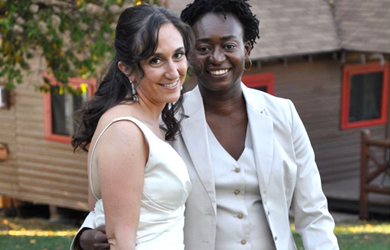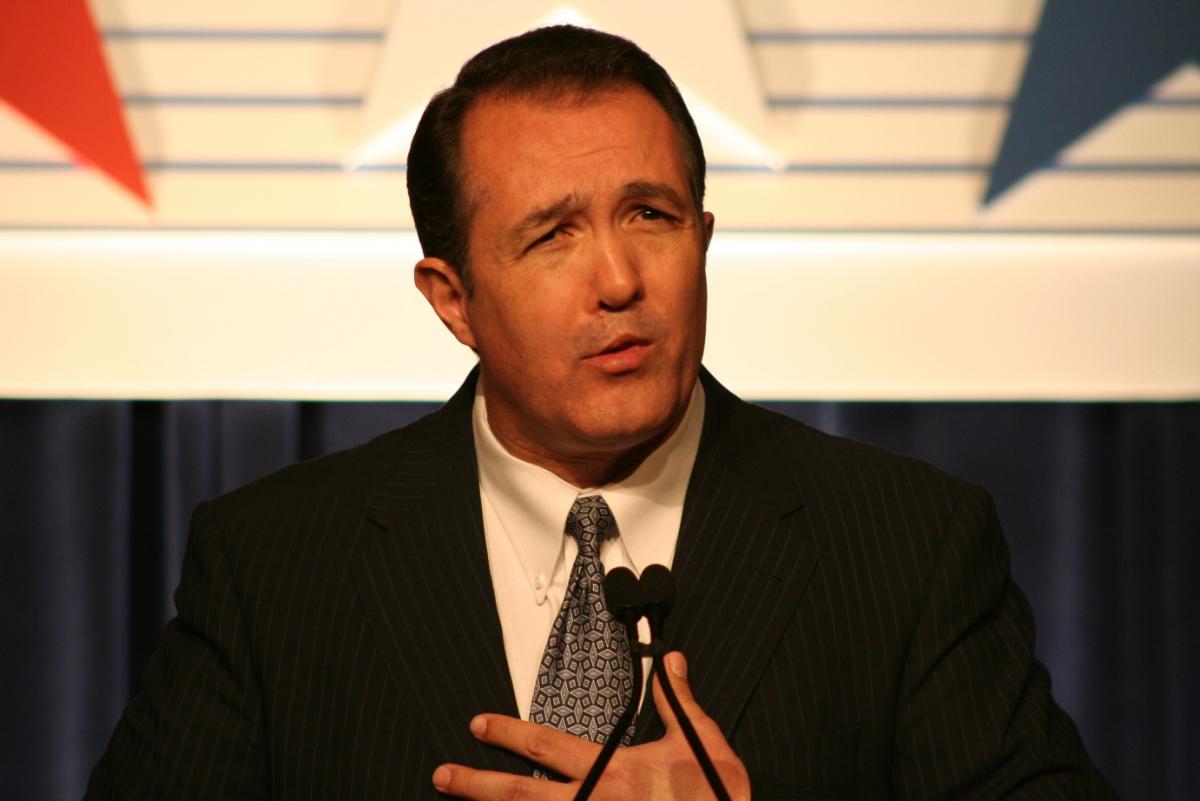Back in 2012, University of Texas sociologist Mark Regnerus published a study claiming that children raised by same-sex couples are more likely to be molested, abuse drugs and alcohol, do poorly in school, and experience any number of other maladies. The study quickly made its way into anti-LGBT talking points around the world, even as Regnerus’ fellow academics began to find serious problems with his methodology.
The main issue with Regnerus’ work was that he based his conclusions on same-sex parenting on respondents who said their parent had been in a same-sex relationship at some point when they were a child – not necessarily adults who had been raised by a same-sex couple. Ultimately, only two of the people he studied were actually raised by same-sex couples. He also failed to control for destabilizing childhood events like divorce. Sociologist Darren Sherkat summarized the problems with the Regnerus study in a 2013 interview with the Southern Poverty Law Center:
The key measure of gay and lesbian parenting is simply a farce. The study includes a retrospective question asking if people knew if their mother or father had a “romantic” relationship with someone of the same sex when the respondent was under age 18. This measure is problematic on many levels.
Regnerus admits that just two of his respondents were actually raised by a same-sex couple, though I doubt that he can even know that, given his limited data. Since only two respondents were actually raised in gay or lesbian households, this study has absolutely nothing to say about gay parenting outcomes. Indeed, because it is a non-random sample, this study has nothing to say about anything.
…
It failed to take into account normal family effects on wellbeing, to control for known sources of positive or negative outcomes. Indeed, since he only had two stable lesbian “couples” (or at least a young adult who said that, retrospectively, in a non-random, convenience sample), he instead just constructed differences from a group of people who were raised in unstable environments. Sexuality has nothing to do with that.
Then, earlier this year, Catholic University professor Paul Sullins published a paper with conclusions similar to those put forth by Regnerus…and similar methodological flaws.
As Emma Green wrote in “The Atlantic” recently, most social science “suggests that there are no differences between kids raised in stable households by gay or straight parents” — in other words, most scientists are finding that it’s the stability of their household, not their gender of the parents, that most affects the wellbeing of kids.
But now Regnerus is defending the findings of his and Sullins’ studies by arguing essentially that families headed by same-sex couples are inherently unstable — so there is no need to control for stability in studying the wellbeing of children raised in by same-sex parents. Regnerus told World Magazine this week that divorce is “still, so far as I can tell, the primary means by which a child comes to be in a same-sex household,” so “I think we should evaluate reality as it exists, not complain about the ideal data situation that does not”:
Critics of Sullins’ study claim it can’t tell us anything meaningful about same-sex parenting because it includes children of divorce, who are themselves more likely to suffer from emotional, behavioral, and academic problems. In order to fairly represent gay parents, critics seem to suggest, surveys should only include children who did not experience divorce and were raised from infancy by stable gay couples. In other words, the childhoods Lopez and Barwick experienced should be tossed out of the data pool.
But such “ideal” same-sex parent situations are rare and would be difficult to measure using a random representative survey. Besides, is it fair to ignore the very factor that often precedes same-sex parenting situations: divorce?
“[Divorce] is still, so far as I can tell, the primary means by which a child comes to be in a same-sex household,” said Mark Regnerus, a University of Texas at Austin sociologist whose own survey of same-sex households in 2012 found children of gay parents were more likely to be unemployed, depressed, unhealthy, promiscuous, and to have a negative view of their childhood. “I think we should evaluate reality as it exists, not complain about the ideal data situation that does not.”
It’s not surprising that since same-sex marriage — and the child custody rights that come with that marriage status — is a relatively new development there isn’t a huge pool of data on children raised by married same-sex couples. But that doesn’t mean, as Regnerus suggests, that sociologists should simply conflate same-sex parenting with household instability.






